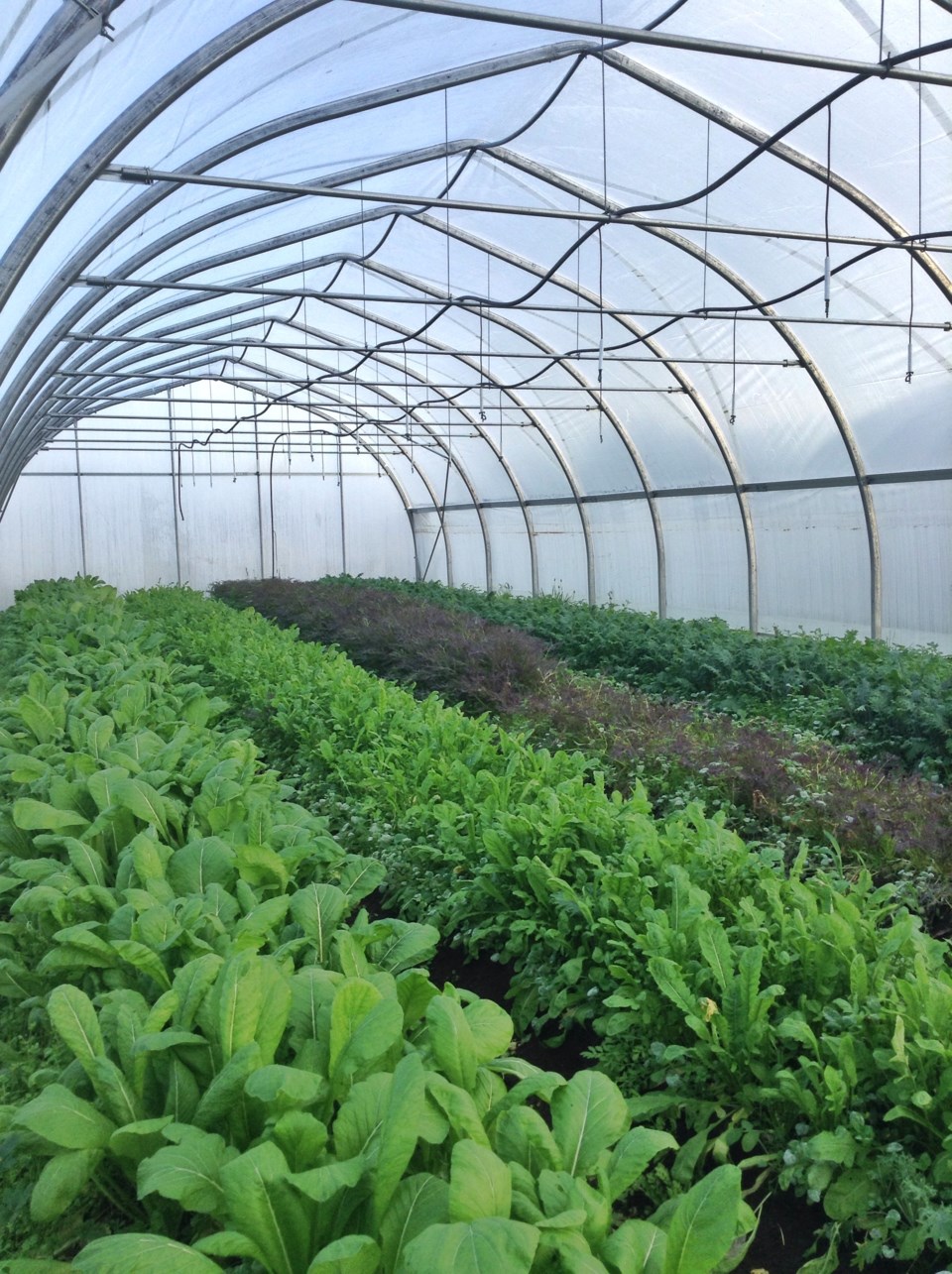The two sides of Richmond’s ongoing farmland debate are expected to be back in full force tonight, as a public hearing is set to discuss regulations of secondary homes and concrete structures on agricultural properties.
The latter topic arose out of discussion about Richmond’s cannabis regulations in May, when council considered regulating the size of concrete structures on farmland. However, some Richmond farmers expressed their concern that this would limit production as a whole – not just if the landowner could grow cannabis. Others, however, were concerned with how concrete structures would affect fertile soil. As a result, council decided to separate the issue from the cannabis regulation package.
Currently, city staff suggest limiting concrete structures significantly, which worries some Richmond farmers.
“There is a long history of farming in this country, and we often cling to romanticized notions of simplicity, struggle, and sacrifice. In today's modern world, this idealized image of farming is no longer true, nor is it feasible,” wrote Richmond Farmland Owners Association in a letter to council.
“We all believe the future for many agricultural commodities is in modern technology and innovative farming that supports investments in greenhouses, vertical farming operations and not just in soil-based farming.”
As of Monday’s public hearing, there are three options up for consideration.
First, following city staff’s recommendation, council could move forward with the currently proposed regulations for agricultural buildings and greenhouses. This means concrete floors would be prohibited in agricultural buildings and greenhouses unless it’s for an agricultural building with coverage of less than 300 square metres.
Alternatively, council could regulate agricultural buildings and greenhouses that are larger than 2,000 metres squared.
Thirdly, council could choose to keep the status quo and not move forward with any regulations for agricultural buildings and greenhouses.
John Roston, Richmond resident and member of Richmond FarmWatch, acknowledged the complexity of the issue.
“There are farmers who legitimately need to build some kind of farm building with a concrete floor, like for dairy cattle,” Roston said.
However, Roston pointed out that large concrete structures are problematic because they could make properties appealing for potential cannabis growers – rather than food producers – and that the concrete itself is detrimental to fertile farmland.
“They’re problematic if the floor is concrete because then the land underneath is ruined for farming,” Roston said. “You can’t go back and kind of rip up the concrete.”
However, according the Richmond Farmland Owners Association's letter to council, "concrete floors reduce wear and tear on farm machinery, concrete contributes to water use efficiency through better rates of recapture and concrete prevents pesticides and herbicides from leaching into the soil."
But Roston said he hopes council restricts the construction of concrete structures until provincial regulations for cannabis production on farmland is in place.
“Our feeling is the city should take the view that it’s better to restrict it and wait to see what the province does,” Roston said.
The open public forum is on Monday night at 7 p.m. in council chambers at 6911 No. 3 Rd.



